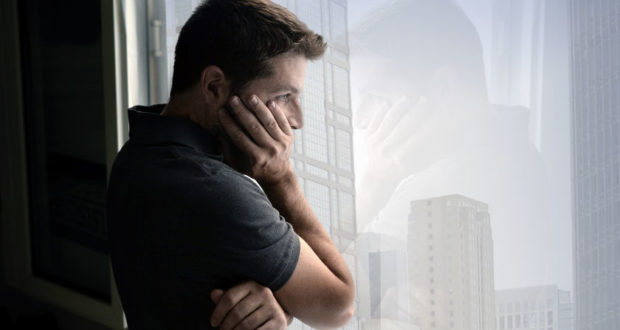Depression is one of the most widespread mental health issues in the United States; in 2014, the National Institute of Mental Health (NIMH) found that nearly 16 million adults had suffered a depressive episode in the past twelve months. Despite its widespread prevalence, many people fail to receive proper medical care for this issue.
A Lack of Help
If research published in the January 2010 issue of the journal JAMA Psychiatry is accurate, only one in two major depression sufferers get any sort of medical treatment. For their research, this group of researchers examined data gathered by the National Institute of Mental Health’s Collaborative Psychiatric Epidemiology Surveys. Thanks to these three sources, the authors were able to examine the mental health of almost 16,000 adults.
Listed below are some of this group’s findings:
- Roughly one-twelfth (8.3%) of the adults participating in the surveys lived with major depression
- Just 50 percent of participants struggling with this disorder claimed to have undergone treatment
- Only 21 percent of respondents received at least one type of treatment consistent with the American Psychiatric Association’s guidelines
- Untreated depression was more of an issue for Mexican Americans, African Americans and Caribbean blacks than for demographic groups
Consequences of Inaction
Not surprisingly, depressed adults who do not receive proper medical treatment are at risk for serious health-related problems. For example, such individuals often find that their depression gets worse as time progresses. Moreover, those with untreated depression could fall victim to weight fluctuations, disruptions in sleeping patterns and feelings of despair. Most alarmingly, depression that goes unaddressed can ultimately result in suicide.
 Natural Knowledge 24/7 Educate yourself with nutrition, health and fitness knowledge.
Natural Knowledge 24/7 Educate yourself with nutrition, health and fitness knowledge.






